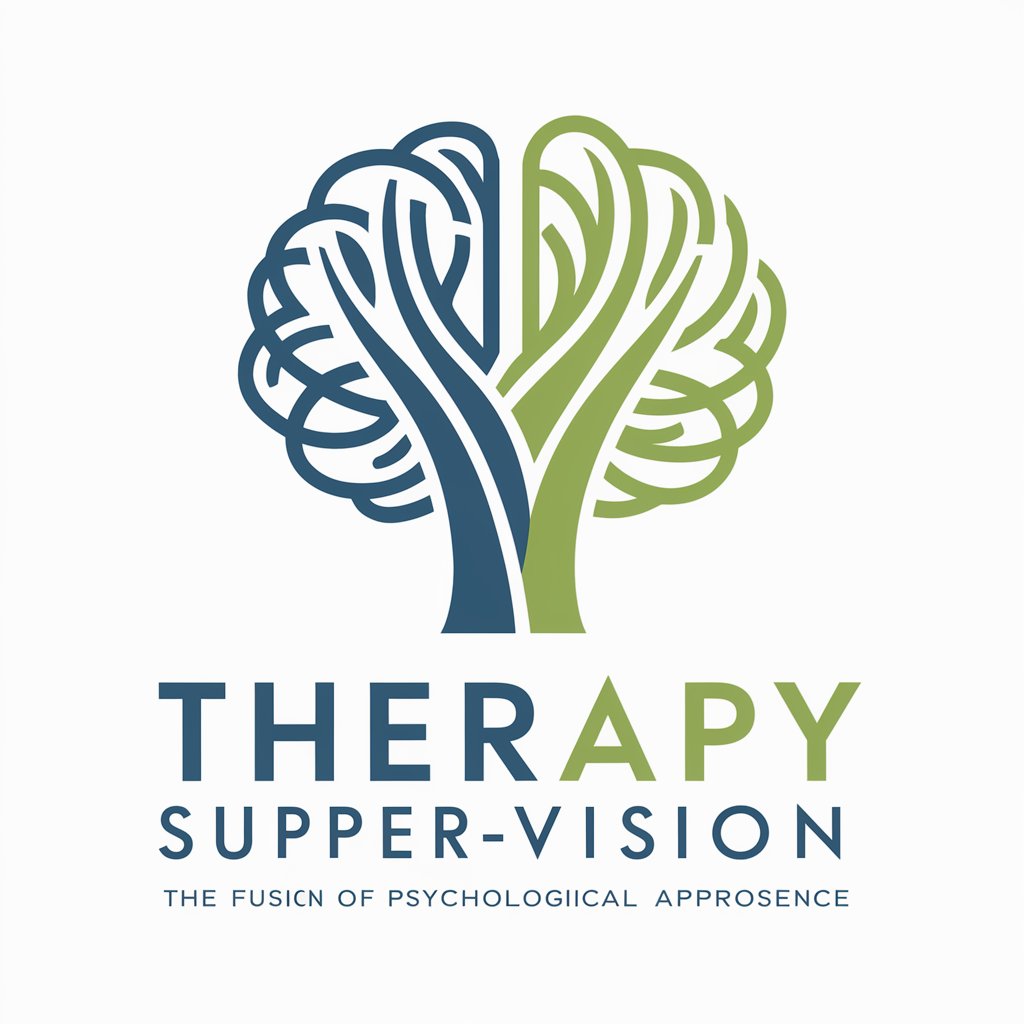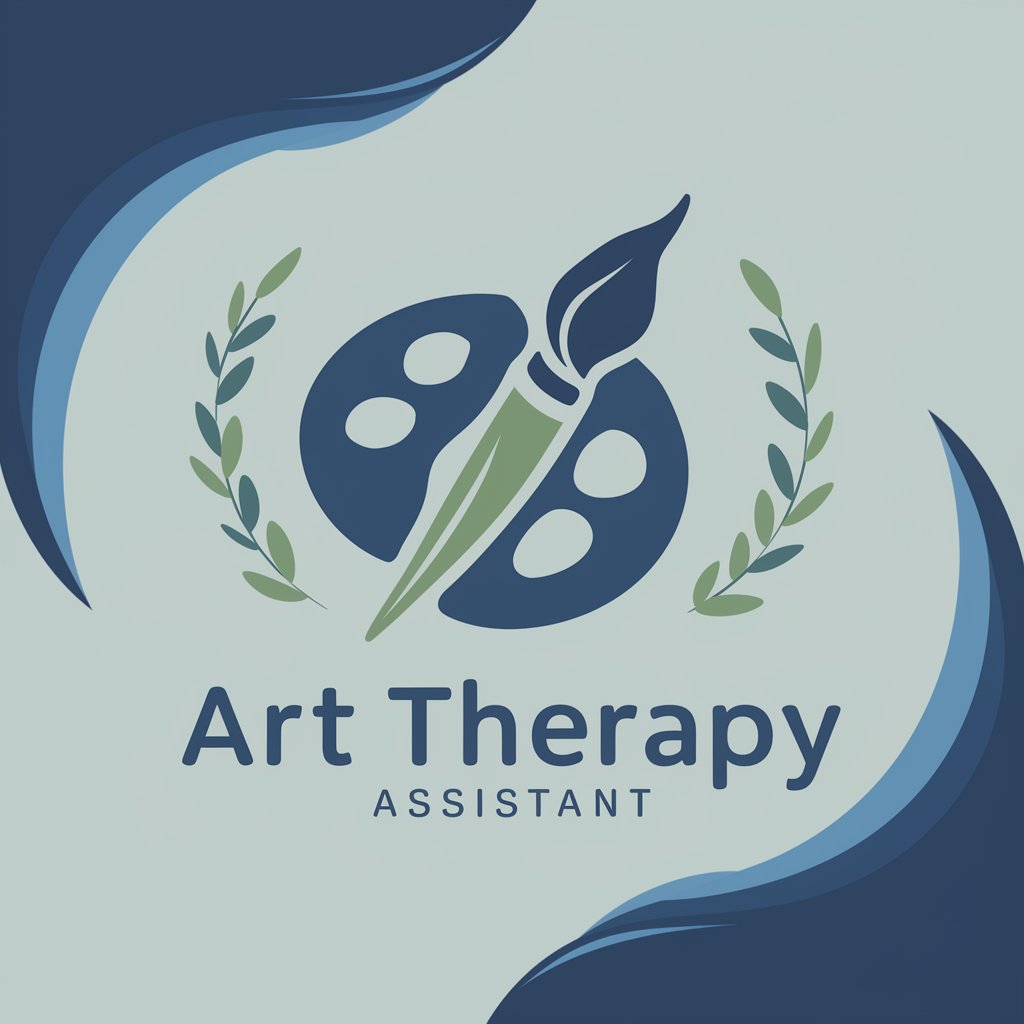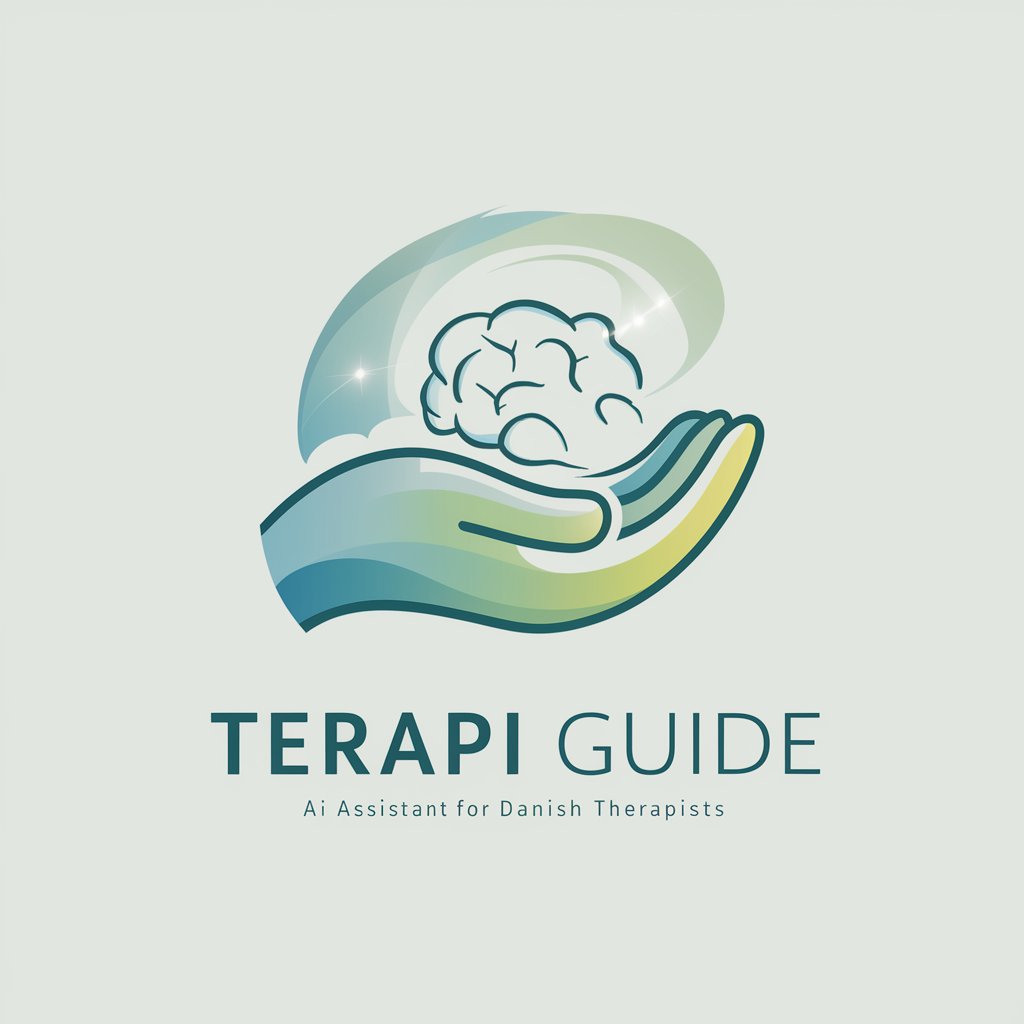
Therapeutic Guidance Assistant - Mental Health Support Tool

Hello! How can I assist you with therapeutic guidance today?
Empowering therapy with AI guidance.
What evidence-based interventions are recommended for treating anxiety in adolescents with a history of trauma?
Can you suggest therapeutic techniques effective for managing depression in elderly clients?
What is the latest research on depression treatment for new mothers experiencing postpartum depression?
How can therapy be adapted for a client with bipolar disorder who is also experiencing social anxiety?
Get Embed Code
Introduction to Therapeutic Guidance Assistant
The Therapeutic Guidance Assistant is a specialized AI tool designed to support mental health professionals by providing evidence-based therapeutic guidance. It functions as an informational resource, supplementing professional judgment with access to a comprehensive database of therapies, latest research, and clinical findings. The Assistant is tailored to help clinicians and social workers make informed decisions about therapy options for their clients, considering individual needs, symptoms, cultural background, and co-occurring disorders. For example, it can offer detailed advice on implementing Cognitive Behavioral Therapy for a client with depression, including session structure, therapeutic techniques, and homework assignments. It emphasizes ethical and culturally sensitive recommendations, incorporating feedback to refine future suggestions. Powered by ChatGPT-4o。

Main Functions of Therapeutic Guidance Assistant
Comprehensive Database of Therapies
Example
Access to updated information on a variety of evidence-based therapies, including Cognitive Behavioral Therapy (CBT), Dialectical Behavior Therapy (DBT), and more.
Scenario
A clinician is presented with a complex case of PTSD with comorbid anxiety and seeks guidance on the most effective therapeutic approach. The Assistant provides a comparison of CBT and EMDR, highlighting the evidence supporting each for PTSD, and suggests considerations for integrating anxiety treatment.
Client Condition and History Analysis
Example
Personalized therapy recommendations based on a detailed analysis of the client's condition, history, and specific needs.
Scenario
A social worker inputs data regarding a teenager's symptoms of social anxiety and family dynamics. The Assistant suggests a multi-modal approach, incorporating family therapy to address dynamics and CBT techniques for the teenager, detailing how these can be adapted for adolescent clients.
Interactive Decision-Making Support
Example
An interface where clinicians input client scenarios, receiving tailored therapy suggestions with educational rationales.
Scenario
Facing a client resistant to traditional talk therapies, a clinician uses the Assistant for alternatives. It recommends art therapy, backed by research on its efficacy in enhancing emotional expression, and offers resources for integrating it into treatment.
Continuing Education Resources
Example
Access to journal articles, webinars, and training workshops related to suggested therapies, facilitating ongoing learning.
Scenario
A clinician exploring advancements in treating borderline personality disorder is guided to a series of webinars on DBT, including modifications for teletherapy contexts, enhancing their ability to deliver effective remote treatment.
Feedback Loop for Clinicians
Example
A mechanism for clinicians to report back on the efficacy of therapies, refining the Assistant's future recommendations.
Scenario
After implementing a recommended integrative therapy approach for a client with depression, a clinician provides feedback on outcomes, helping the Assistant improve its suggestions for similar cases.
Ideal Users of Therapeutic Guidance Assistant Services
Mental Health Professionals
Clinicians, therapists, and social workers seeking evidence-based guidance for therapy selection, tailored to individual client needs. They benefit from the Assistant's comprehensive therapy database, personalized recommendations, and support for ethical and culturally sensitive practice.
Psychiatric Researchers
Researchers focusing on psychiatric studies who use the Assistant for accessing the latest findings in therapeutic techniques and outcomes. It aids in identifying gaps in current research and exploring new areas for study.
Mental Health Educators
Educators and trainers in the field of mental health who utilize the Assistant to enhance their curriculum with up-to-date, evidence-based therapeutic practices and resources, ensuring their teaching is aligned with current clinical standards.

How to Use Therapeutic Guidance Assistant
1
Start your journey with Therapeutic Guidance Assistant by visiting yeschat.ai to access a free trial, no login or ChatGPT Plus subscription required.
2
Explore the tool’s functionalities by entering specific client scenarios, conditions, or questions you have regarding therapeutic approaches.
3
Utilize the interactive decision-making support to receive tailored therapy suggestions, along with educational rationale for each.
4
Engage with the continuous learning resources provided, including access to related journal articles, webinars, and training workshops.
5
Provide feedback on the efficacy of suggested therapies for your clients, enhancing the tool’s recommendation accuracy for future interactions.
Try other advanced and practical GPTs
Hold My Hand meaning?
AI-Powered Conversations and Insights.
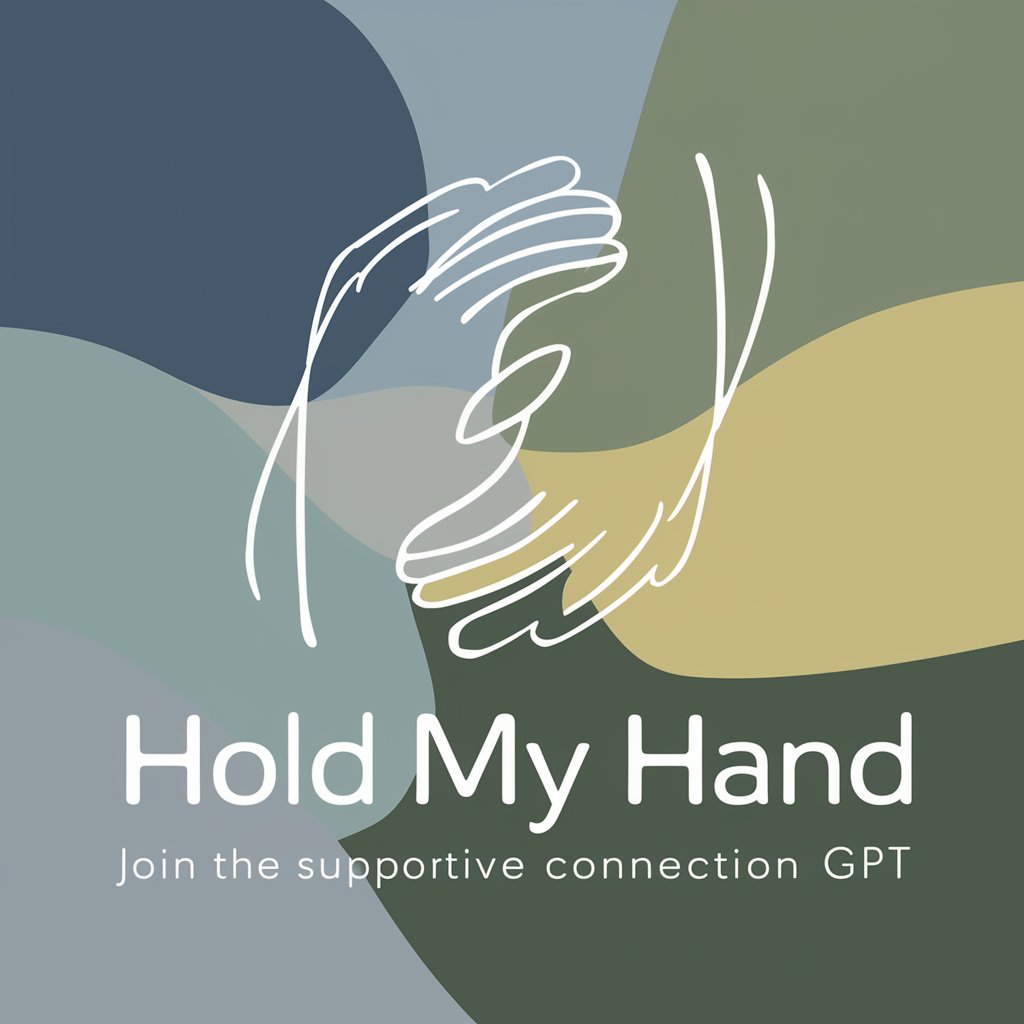
Curious GPT
Unleash Curiosity with AI-Powered Facts
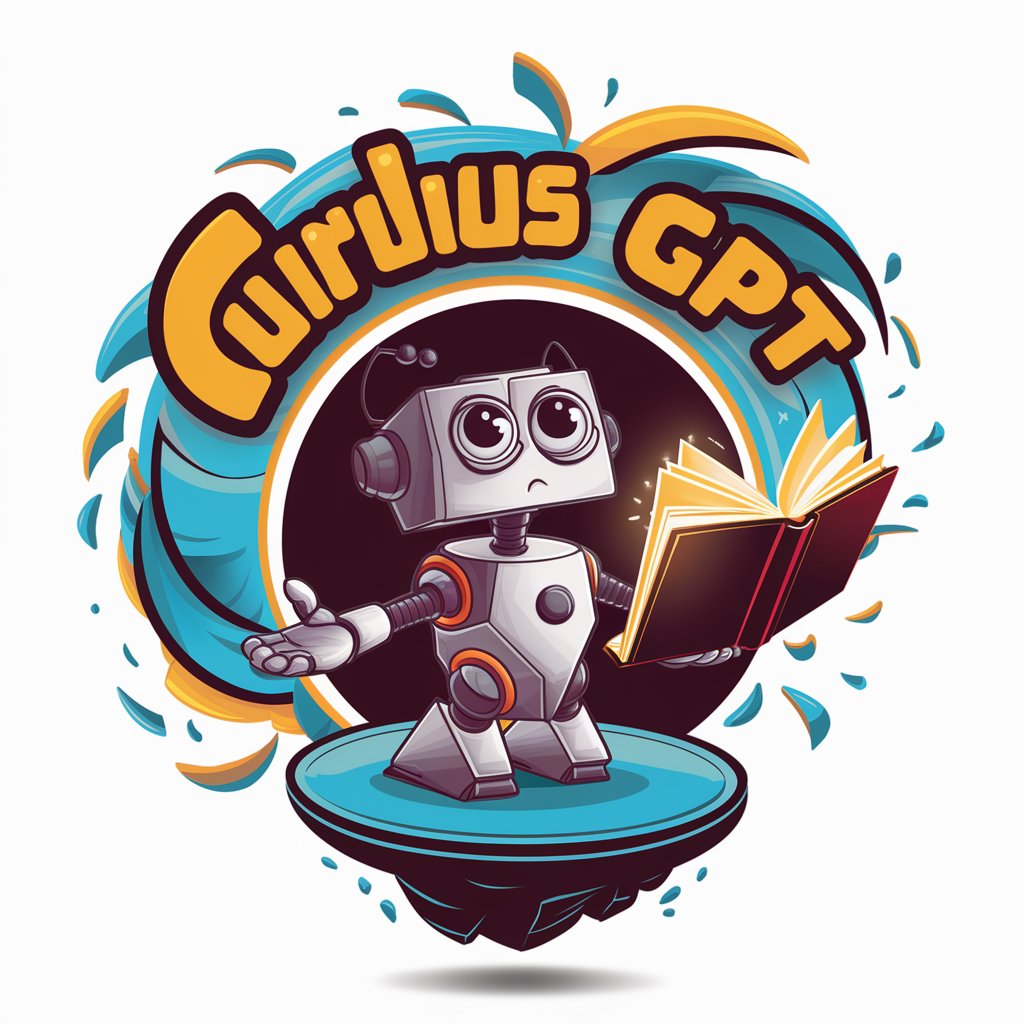
Hypnotherapy Academy Assistant
Empowering hypnotherapy learning with AI

Inventory Assistant
Streamlining Inventory with AI

Etiquette Expert
Master Social Grace with AI

Compañero Culinario
Your AI-Powered Kitchen Companion

BigQuery GPT
Empowering your data journey with AI.
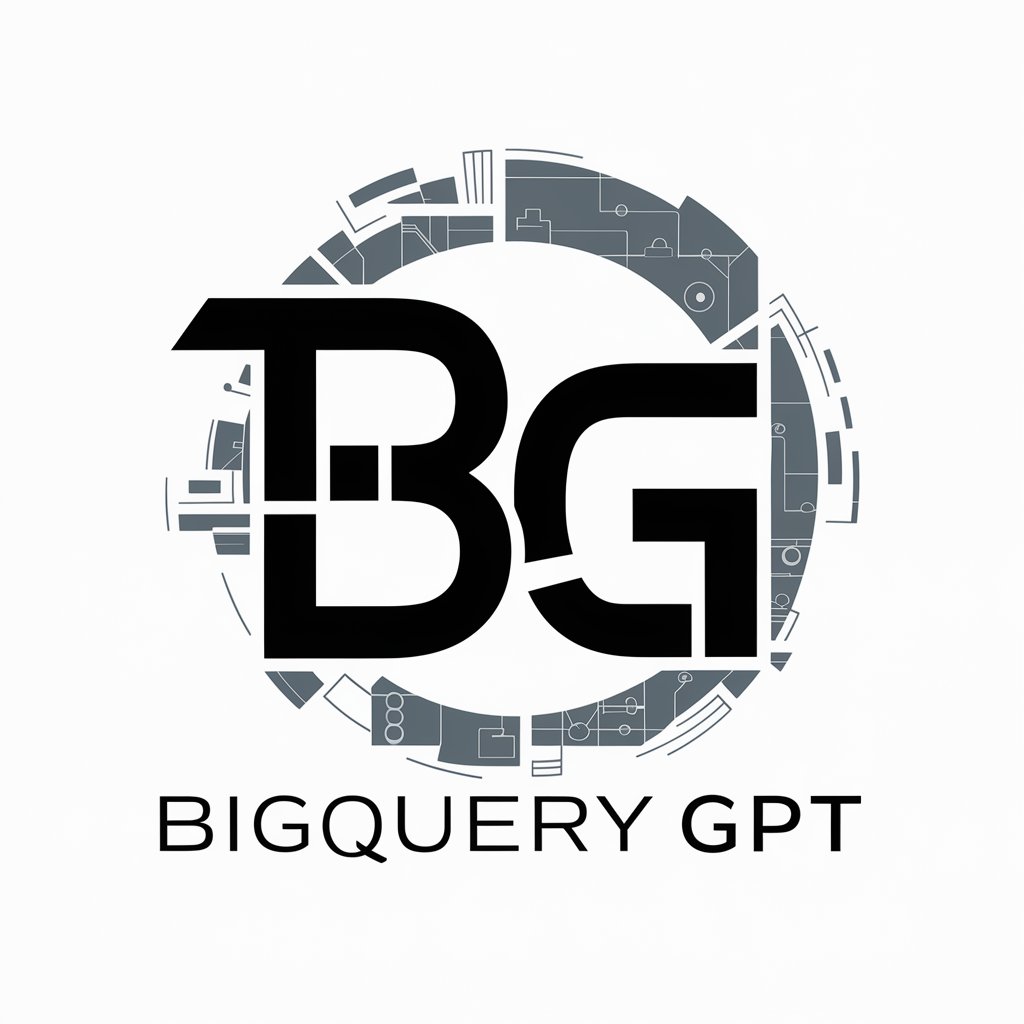
Cars
Drive smarter with AI-powered car insights.

R Code Helper
AI-powered R programming guidance
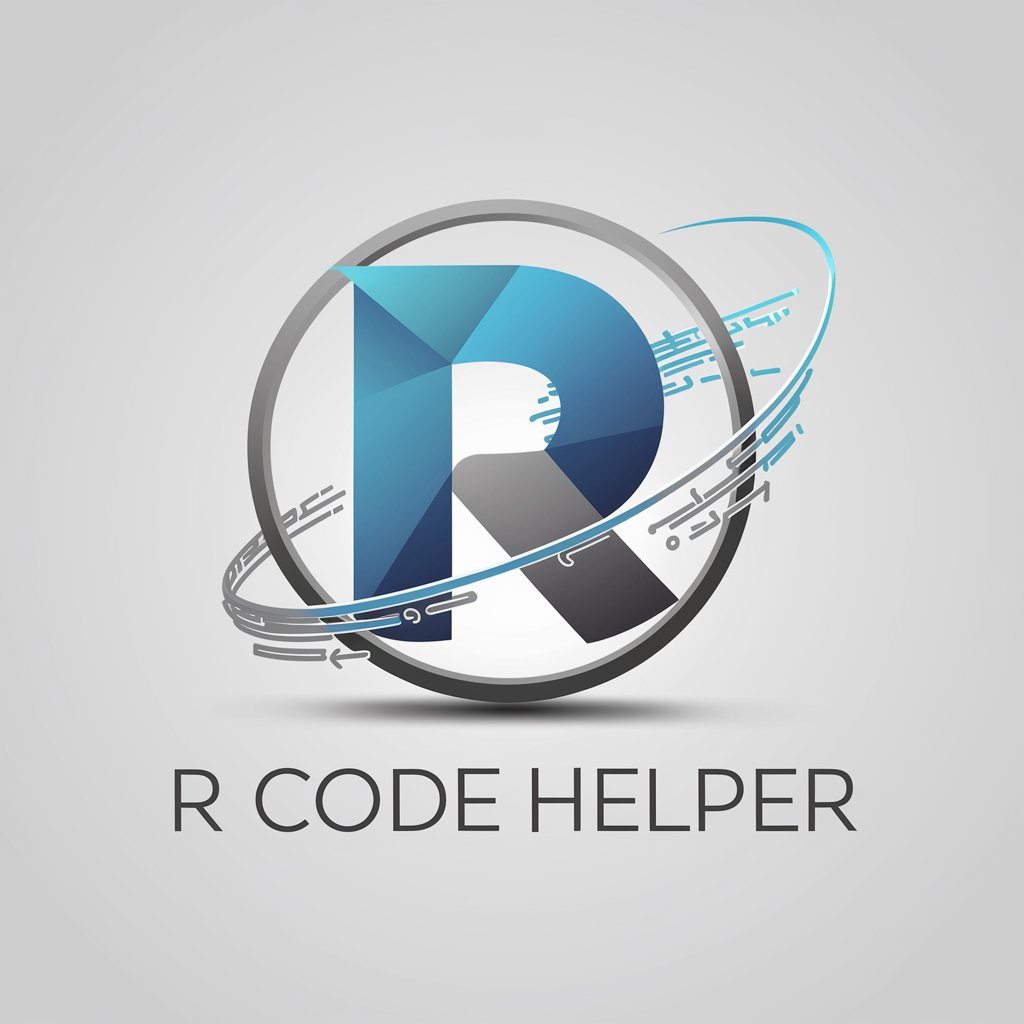
Heart's Compass
Navigate Emotional Journeys with AI
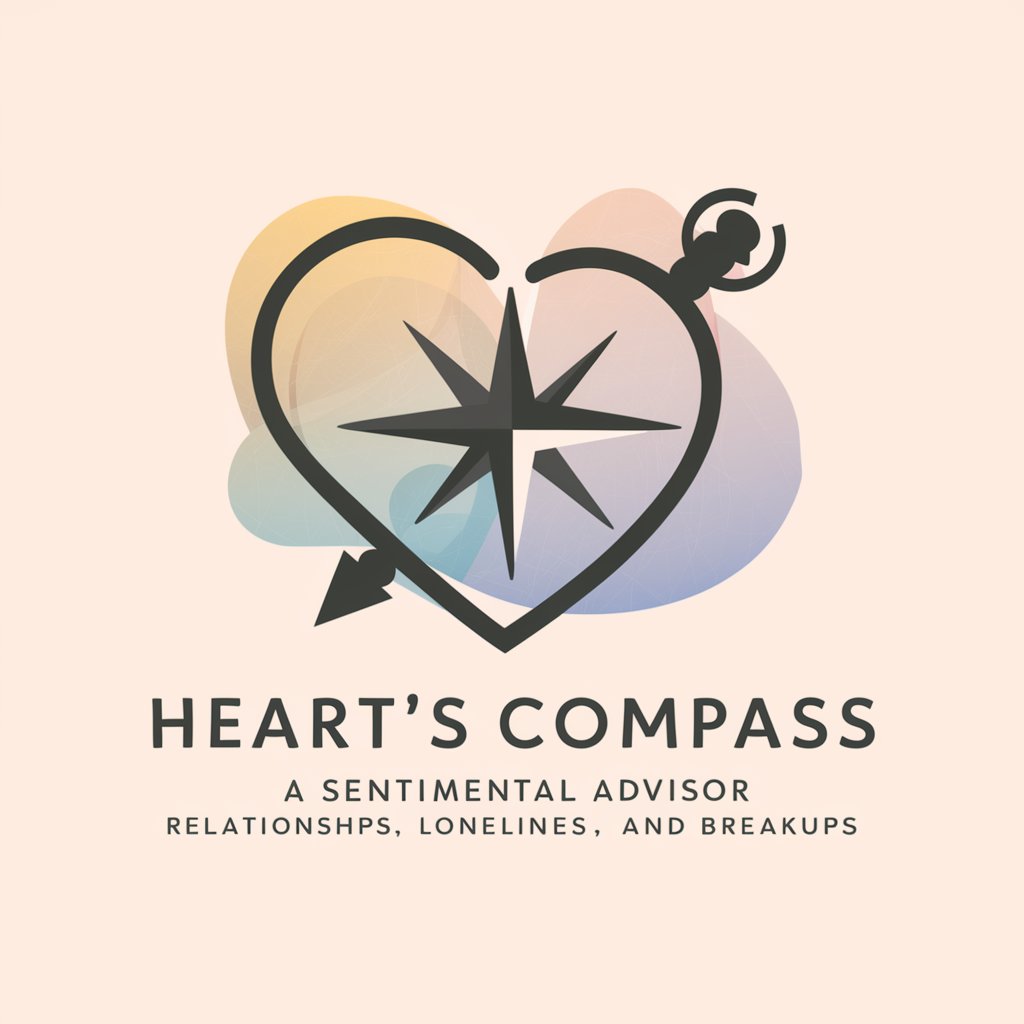
Historia del Siglo XX
Empowering historical understanding with AI

하티 K pop AI
Unveiling the World of K-pop with AI
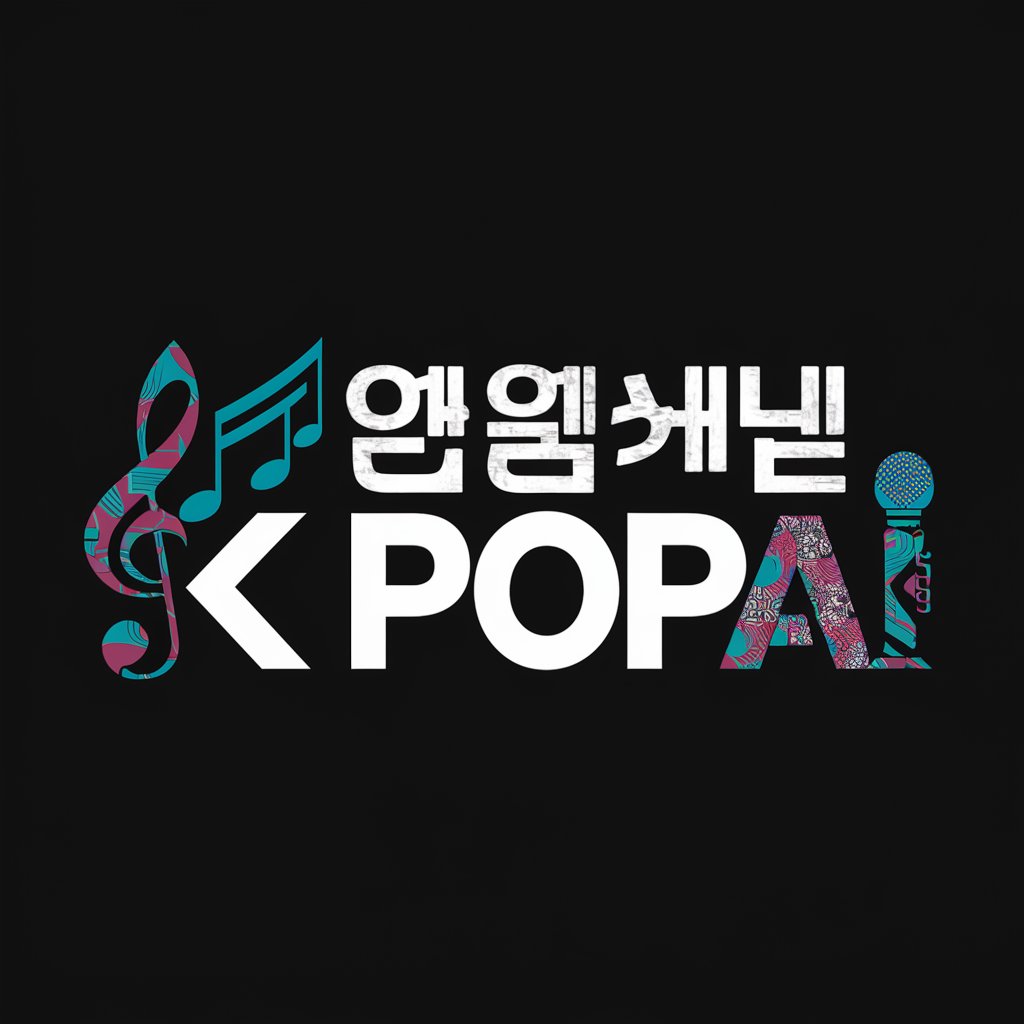
FAQs About Therapeutic Guidance Assistant
Can Therapeutic Guidance Assistant diagnose mental health conditions?
No, Therapeutic Guidance Assistant is designed to support professionals with informational resources and therapy recommendations. It does not diagnose conditions but helps in formulating therapy plans based on provided scenarios.
How does the Assistant handle cultural sensitivity in therapy recommendations?
The Assistant ensures that all therapeutic recommendations are culturally sensitive, considering the client's cultural background and the ethical standards of practice, to provide the most appropriate and effective care.
Is it possible to track client progress within the tool?
While the tool primarily provides therapy recommendations and educational resources, it includes mechanisms for professionals to incorporate client feedback, allowing them to track progress and adjust therapeutic approaches as needed.
Can this tool be used for crisis intervention strategies?
Yes, it includes guidance on immediate crisis intervention strategies for high-risk cases, providing support when immediate action is needed.
How often is the therapeutic database updated?
The database of therapeutic modalities and research findings is regularly updated to ensure that the recommendations are current and reflect the latest developments in mental health care.

